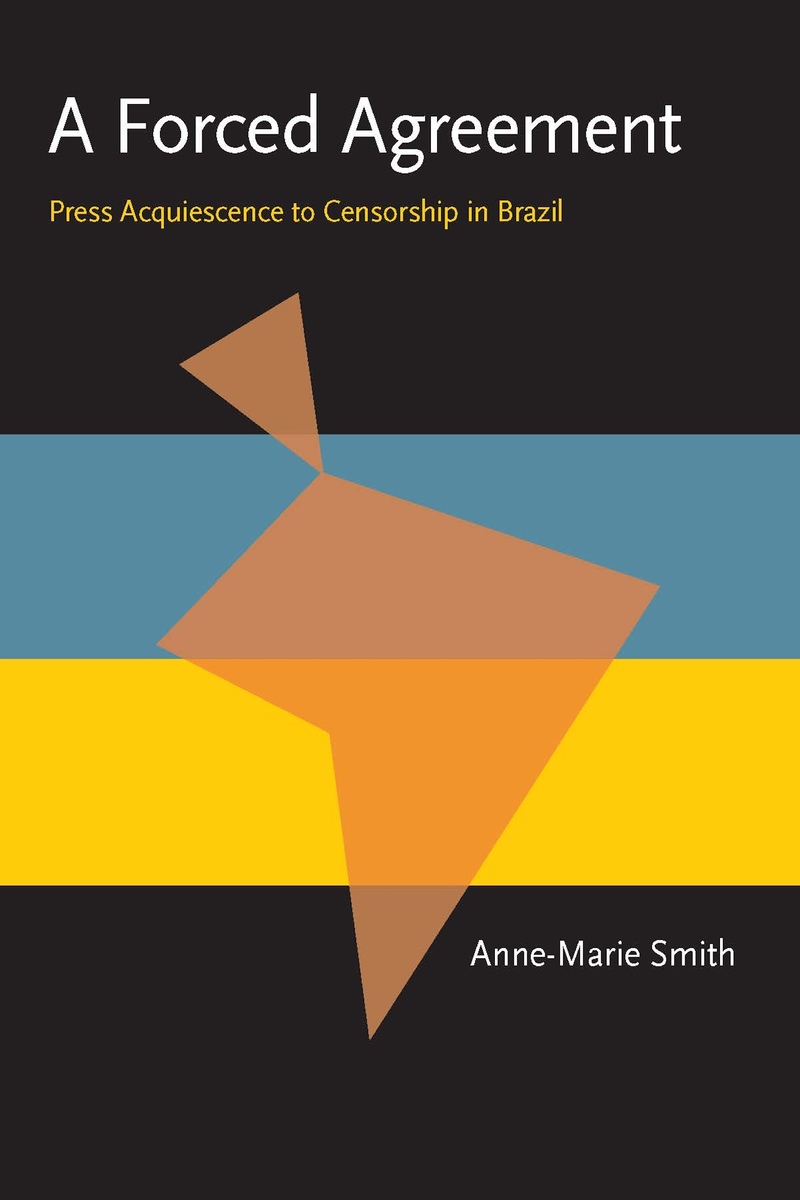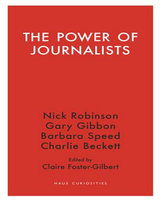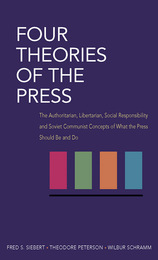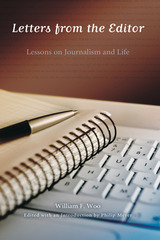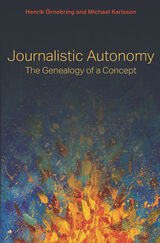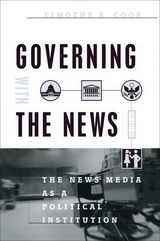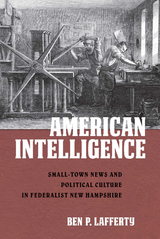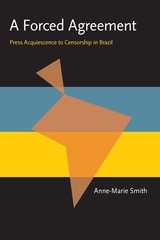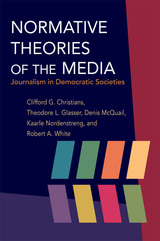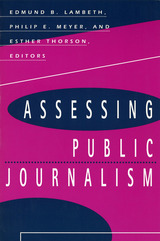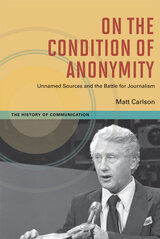A Forced Agreement: Press Acquiescence to Censorship in Brazil
University of Pittsburgh Press, 1997
eISBN: 978-0-8229-7490-1 | Paper: 978-0-8229-5621-1
Library of Congress Classification PN4748.B6S64 1997
Dewey Decimal Classification 323.4450973
eISBN: 978-0-8229-7490-1 | Paper: 978-0-8229-5621-1
Library of Congress Classification PN4748.B6S64 1997
Dewey Decimal Classification 323.4450973
ABOUT THIS BOOK | AUTHOR BIOGRAPHY | REVIEWS | TOC | REQUEST ACCESSIBLE FILE
ABOUT THIS BOOK
During much of the military regime in Brazil (1964-1985), an elaborate but illegal system of restrictions prevented the press from covering important news or criticizing the government. In this intriguing new book, Anne-Marie Smith investigates why the press acquiesced to this system, and why this state-administered system of restrictions was known as “self-censorship.”
Smith argues that it was routine, rather than fear, that kept the lid on Brazil's press. The banality of state censorship-a mundane, encompassing set of automatically repeated procedures that functioned much like any other state bureaucracy-seemed impossible to circumvent. While the press did not consider the censorship legitimate, they were never able to develop the resources to overcome censorship's burdensome routines.
Smith argues that it was routine, rather than fear, that kept the lid on Brazil's press. The banality of state censorship-a mundane, encompassing set of automatically repeated procedures that functioned much like any other state bureaucracy-seemed impossible to circumvent. While the press did not consider the censorship legitimate, they were never able to develop the resources to overcome censorship's burdensome routines.
See other books on: Brazil | Censorship | Freedom of the press | Journalism | Smith, Anne-Marie
See other titles from University of Pittsburgh Press
